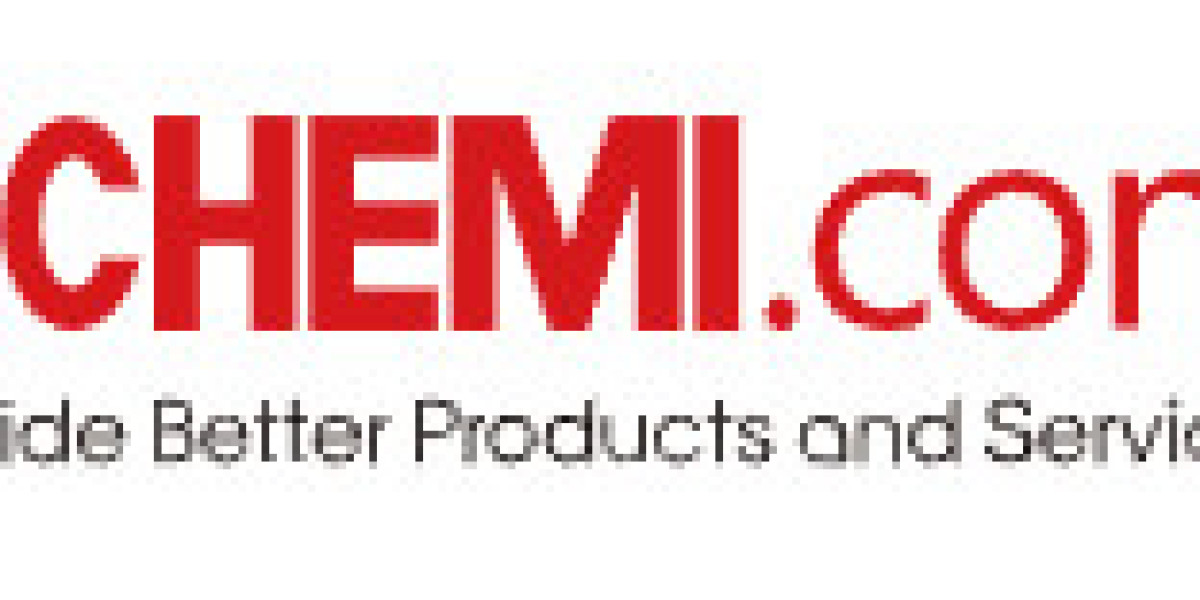Quality control is a vital aspect of chemical manufactur, ensuring that products meet the required standards and specifications. Chemical companies must implement rigorous quality control processes to guarantee the safety, reliability, and consistency of their products. Through robust quality control measures, they can identify and address any deviations or defects, thereby maintaining product integrity and customer satisfaction.
One of the primary objectives of quality control in chemical manufacturing is to ensure that the raw materials used in production meet the necessary quality standards. Chemical companies must carefully select and evaluate suppliers to ensure the consistent quality of incoming materials. This involves conducting thorough assessments, including audits and inspections, to verify the reliability and adherence to the specifications of the suppliers. By maintaining strict control over raw materials, chemical manufacturers can minimize the risk of variations or impurities that could impact the final product's quality.
In-process quality control is another essential component of chemical manufacturing. During various stages of production, samples are taken and analyzed to ensure that the process is on track and meets the desired parameters. This includes monitoring critical process variables, such as temperature, pressure, pH levels, and reaction times, to maintain consistency and reproducibility. Any deviations from the specified ranges can be identified and corrected promptly to prevent the production of substandard or unsafe products.
Finished product quality control involves comprehensive testing and analysis to verify that the products meet the required specifications and comply with relevant regulations. This can include physical, chemical, and performance testing, as well as assessment for impurities or contaminants. Quality control laboratories equipped with advanced analytical instruments, such as spectroscopy, chromatography, and microscopy, are essential for accurate and reliable testing. This rigorous evaluation ensures that the final products meet the required quality standards and are safe for their intended use.
Quality control in chemical manufacturing also extends to packaging, labeling, and storage of products. Packaging materials must be suitable for the specific chemical, ensuring compatibility and preventing contamination. Labels should accurately and clearly communicate important information, such as hazardous warnings, usage instructions, and storage conditions. Proper storage facilities, including temperature and humidity controls, are necessary to maintain product stability and prevent degradation or spoilage.
Regular audits and inspections play a vital role in quality control, allowing chemical manufacturers to assess and improve their processes continuously. Internal audits, as well as external certifications and regulatory inspections, provide valuable feedback and opportunities for enhancement. By identifying areas for improvement and implementing corrective actions, chemical manufacturers can enhance their quality control systems and ensure ongoing product excellence.
In conclusion, quality control is essential in chemical manufacturing to maintain the safety, reliability, and consistency of products. Through stringent quality control measures, chemical companies can ensure the quality of raw materials, monitor and optimize production processes, conduct thorough testing of finished products, and maintain proper packaging and storage conditions. By consistently meeting quality standards and customer expectations, chemical manufacturers can build trust, enhance their reputation, and contribute to the overall advancement of the industry.








